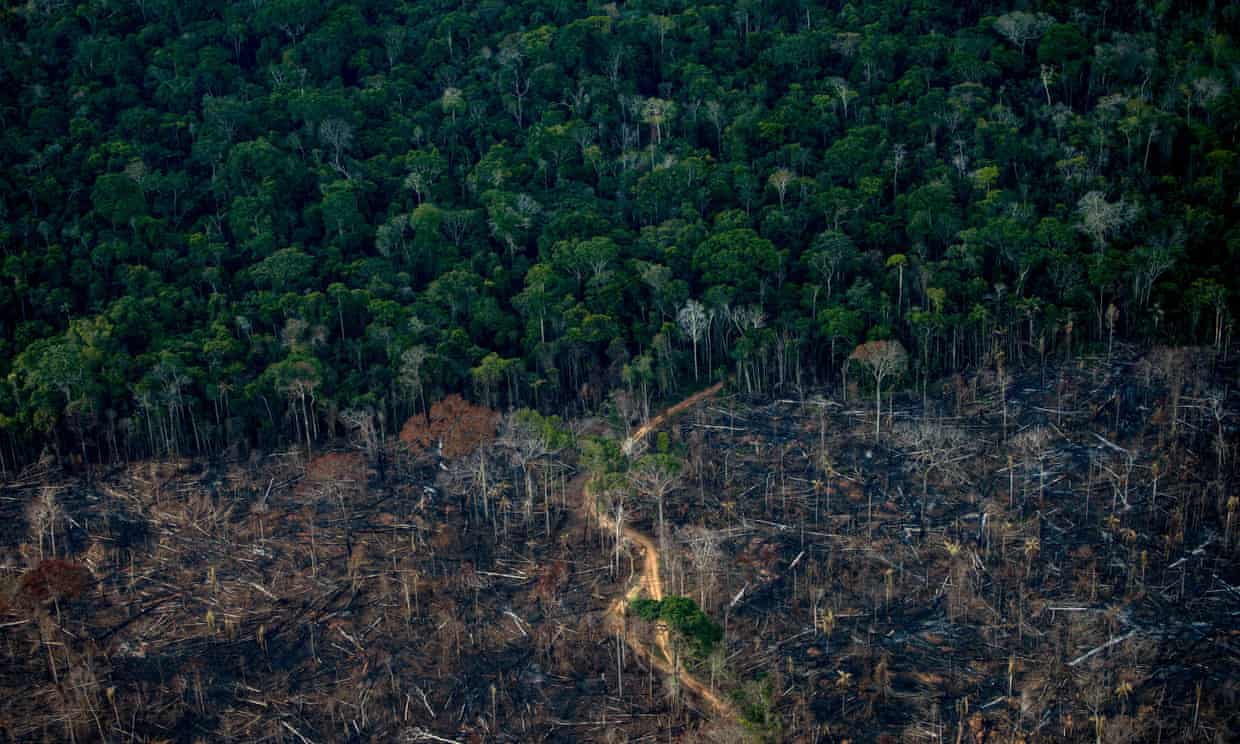
Many credits in the voluntary market going unused, with study finding some offsetting could make global heating worse
Carbon credit speculators could lose billions as scientific evidence shows many offsets they have bought have no environmental worth and have become stranded assets.
Amid growing evidence that huge numbers of carbon credits do nothing to mitigate global heating and can sometimes be linked to alleged human rights concerns, there is a growing pile of carbon credits equivalent to the annual emissions of Japan, the world’s fifth largest polluter, that are unused in the unregulated voluntary market, according to market analysis.
From Apple to Disney, Gucci to Shell, many of the largest companies in the world have used carbon credits for their sustainability efforts from the unregulated voluntary market, which grew to $2bn (£1.6bn) in size in 2021.
A new study in the journal Science has found that millions of forest carbon credits approved by Verra, the world’s leading certifier, are largely worthless and could make global heating worse if used for offsetting.
The analysis, published on Thursday, found that 18 big forest offsetting projects had produced millions of carbon credits based on calculations that greatly inflated their conservation impact. The schemes, which generate credits by avoiding hypothetical deforestation, were found not to reduce forest loss or to reduce it by only small amounts, far less than the huge areas they were claiming to protect, rendering the credits largely hot air.
The findings follow a 2020 study of 12 projects in the Brazilian Amazon by the same group, which found they had a negligible impact on stopping deforestation despite generating credits on the basis they were preventing large areas from being destroyed. A 2022 study of 40 Verra-approved projects led by University of Cambridge researchers found that while some projects did stop deforestation, most stopped none or small amounts.